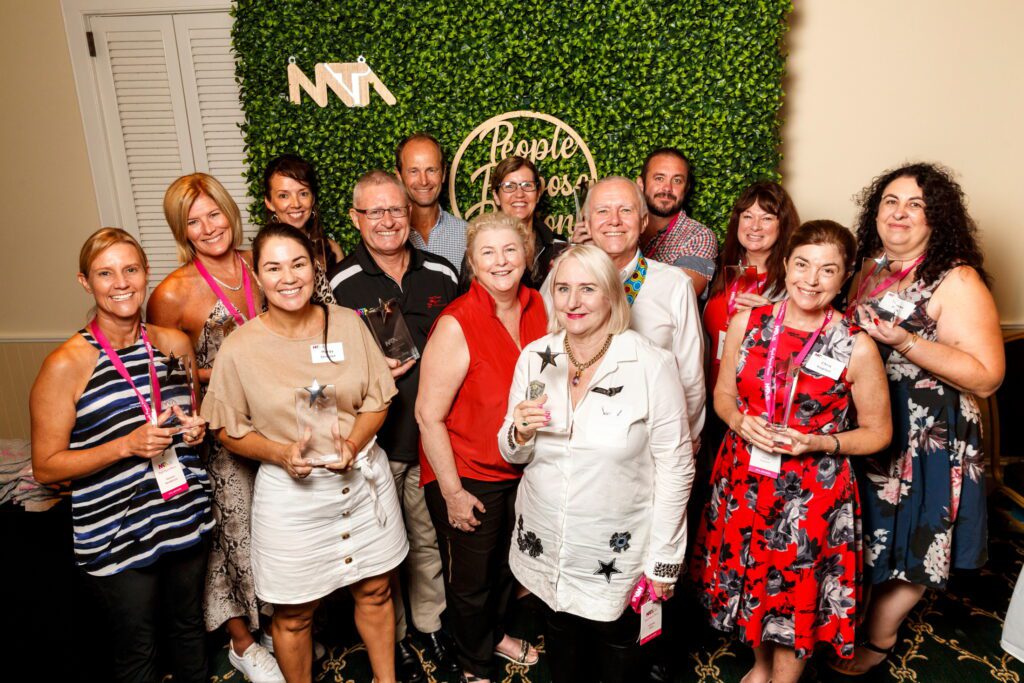MTA – Mobile Travel Agents CEO Don Beattie is an easy interview. Query him on MTA or the travel agency sector and he’ll go on and on (in a good way, of course). He has reason to wax lyrical about MTA, a group that right now is growing – in membership and revenue. A big
Category Archives: Luxury
A record group of 34 MTA Travel Advisors along with representatives from MTA’s Product Team, gathered at the International Luxury Travel Market (ILTM) at the Ritz-Carlton, Millenia Singapore. Over 650 brands are represented, meeeting with more than 650 travel advisors over three days. Our advisors are gaining new contacts, discovering up and coming travel destinations
Danielle Lawson’s passion for travel and dedication to providing unparalleled experiences to clients were the driving forces behind her decision to start her own travel business. She chose to be a part of MTA because she says it was a natural fit due to its reputation for empowering agents with autonomy while offering a fully-inclusive
People often wonder if it’s possible to combine a trip around this great country of ours with work commitments. In this exclusive article for Traveltalk, Charissa Hanrahan from MTA-Mobile Travel Agents shares her inspiring story as she attempts to “create the unthinkable”. AFTER A year of less fortunate circumstances (my dear father passing away, health
MTA-Mobile Travel Agents is thrilled to have been crowned ‘Most Outstanding Mobile Advisor Network’ at the 2023 National Travel Industry Awards (NTIAs). Held in Melbourne for the first time in 18 years at the Crown Palladium, the NTIAs brought together key players in the travel industry to recognise and celebrate excellence. MTA’s achievement in securing
MTA Mobile Travel Agents’ highly anticipated 2024 National Conference is set to take place in the picturesque Sheraton Fiji Golf & Beach Resort and Sofitel Fiji Resort & Spa on Denarau Island, Fiji in May/Jun 2024. MTA is delighted to host the national conference overseas for the very first time. Under the theme of “Celebrate
The Australian Travel Industry Association (ATIA) has announced the finalists for the business categories at this year’s NTIAs and MTA is proud to be amongst the finalists in the category “Most Outstanding Mobile Advisor Network”. The categories were reviewed by a panel of independent university-level assessors to get the list together. “Congratulations to all of
Fiji Airways has welcomed its fourth Airbus A350-000 to its fleet named the Island of Vatulele, enhancing capacity to and from Australia. The new aircraft not only brings increased capacity but also marks a significant step towards sustainability. Demonstrating their commitment to a greener future, the inaugural flight of the A350 was flown using Sustainable
MTA-Mobile Travel Agents (MTA) made a grand entrance at the renowned International Luxury Travel Market (ILTM) in Singapore this week, with a record number of advisors in attendance. Commenting on the record attendance, Neil Robertson, Head of Product for MTA, expressed his excitement saying, “We’re thrilled to have such a strong presence at ILTM this
More than 300 luxury travel advisors from across Australia and New Zealand met for two days in Sydney, at Virtuoso’s On Tour event, where they enjoyed product experiences, networking opportunities and professional development. MC and Virtuoso Senior Vice President Global Operations – Michael Londregan spoke about the renaissance of the travel advisor in the post-pandemic












